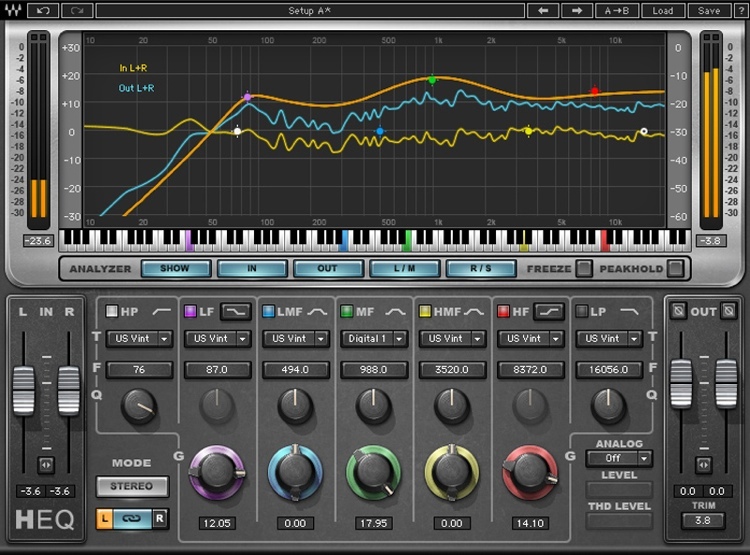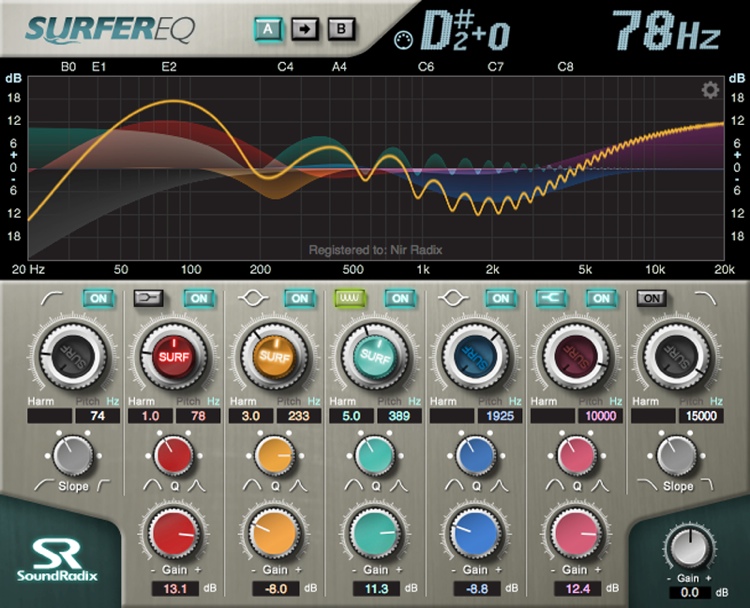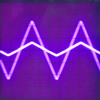cosignsessions wrote:Didn't really think I would have to do this but here it goes. The key word in the sentence is 'artifacts'. We are talking about audio. So by cutting the frequency you don't hear the phase shift because it's 'turned down' (not like I have bionic ears and can hear phase shift unless done on purpose to be heard as an effect. I never said phase shift does not occur. I wrote cutting introduces less phase shift 'artifacts'.
Read it as you wish. Take the word 'artifacts' out and you guys are right and I am wrong. But it is 'logical' that cutting reduces the introduction (to our ears) the 'artifacts' of the phase shift (which I did not state does not occur from cutting).
Not my problem people troll and stick to a few words and not the context.
Hang on now, I wasn't trolling and didn't take your comments out of context in any way - I was completely respectful and civil in every way. You see, I don't know what you KNOW, I only know what you SAY here and I can only reply to what you say. Don't you agree it's a good thing to have these conversations, or would you rather we all just agree with each other? FWIW, I DID agree with most of what you said, something that may have been lost because there was one point where we didn't agree.

To be clear, my ONLY point of disagreement is the general idea that the phase shift used to actually create an EQ curve is an artifact, and the specific idea that there is more phase shift with boosts than cuts!
https://en.wikipedia.org/wiki/Sonic_artifact
IMO using the word "artifacts" implies there is something undesirable being added such as distortion, crackle, wow/flutter, aliasing, etc. Maybe better to say that when you reduce energy (turn something down), it's less audible, something I've already mentioned early in this thread. It's commonly accepted that narrow cuts are less audible than narrow boosts, which is why many suggest wider boosts than cuts. If my pointing out that phase shift has nothing to do with this phenomenon is seen as "trolling" and "taking words out of context", then what hope is there for an energetic exchange of ideas here?
As far as why some say to cut EQ, another reason is because in the analog world you cut to avoid clipping. If you boost a lot you will eventually run out of headroom in the EQ/channel, in which case you WILL introduce artifacts!
Personally I LOVE these sorts of discussions, talking audio concepts and techniques, comparing notes, and all trying to learn something (even at my age). I sincerely hope you won't shy away from this sort of discussion based on how you feel about my comments!




